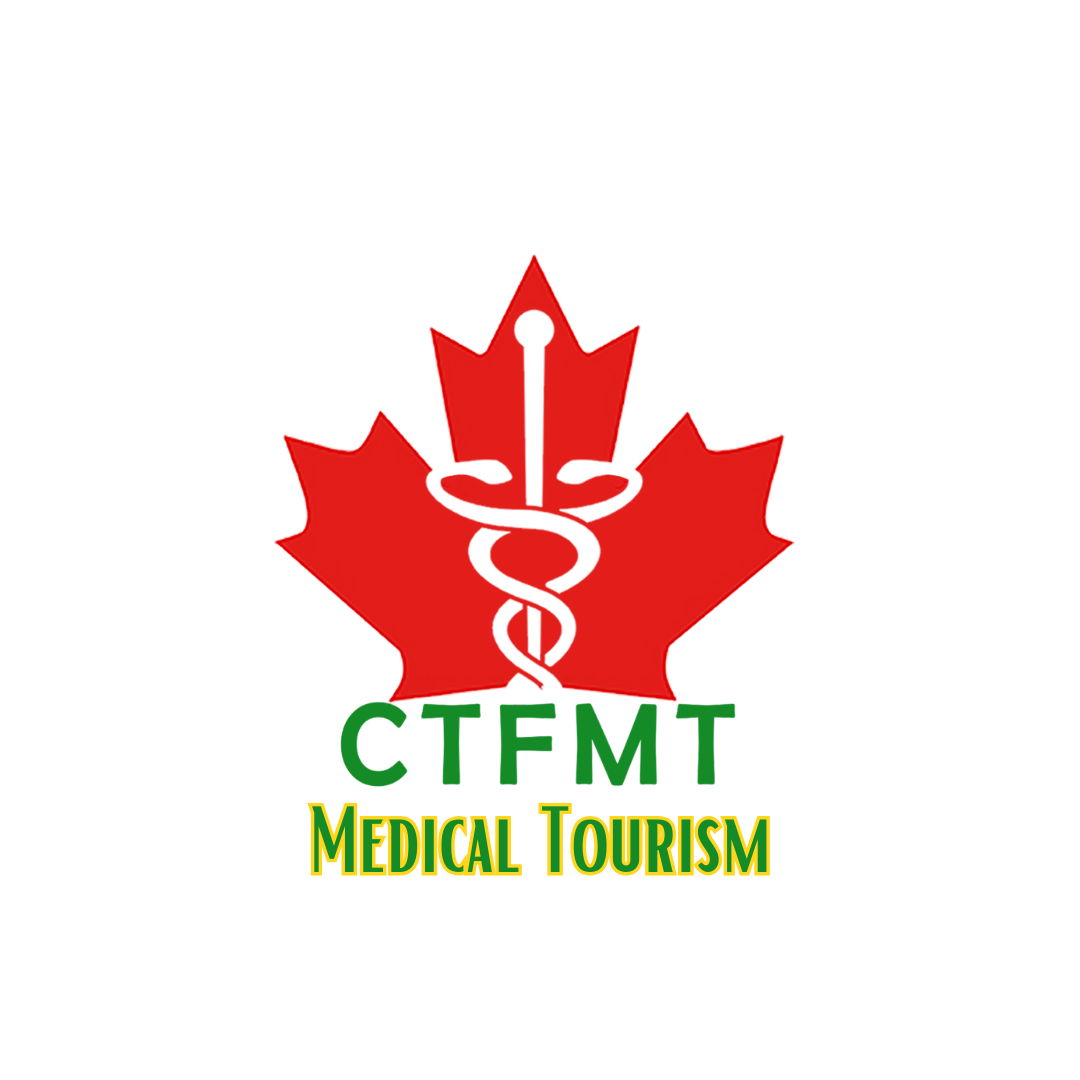CTFMT provide a detailed outline of a program involving cochlear implants for treating children with auditory disorders. Cochlear implants are indeed a significant advancement in medical technology and have brought about remarkable improvements in the lives of individuals with severe hearing loss. Our program tends to cover various aspects of assessment, medical care, surgery, and rehabilitation. I’ll provide some additional information and context to complement your outline:

- Initial Evaluation by the Surgical Clinical Group
- A team-based approach involving specialists from different fields is crucial for a comprehensive evaluation of the patient. This ensures a holistic assessment of the child’s medical, audiological, psychological, and developmental needs.
- Medical Staff Collective Debate:
- This step emphasizes the importance of multidisciplinary collaboration. Deciding whether a child is a suitable candidate for a cochlear implant involves careful consideration of medical history, auditory test results, and other relevant factors.
- Vaccination:
- Ensuring that the child is up-to-date with vaccinations is essential to prevent any potential complications during and after the surgery.
- Tests:
- The variety of audiological tests mentioned are standard procedures to assess the extent of hearing loss and the child’s auditory potential. Logopedic and psychological assessments help determine the child’s language and communication abilities as well as their emotional well-being.
- Surgical Intervention:
- Cochlear implant surgery involves implanting a small electronic device that stimulates the auditory nerve directly. This step requires highly skilled surgeons and is a critical part of the overall treatment process.
- Rehabilitation:
- Rehabilitation after cochlear implant surgery is a comprehensive process that involves teaching the child to interpret the sounds provided by the implant. It includes speech therapy, auditory training, and guidance for parents and caregivers.
- Discharge Medical Summary:
- Providing a detailed summary ensures that the child’s future medical and developmental needs are well understood by other healthcare professionals.
- Re-Consultations:
- Regular follow-up consultations with specialists in otosurgery, logopedics, and audiology are essential to monitor the child’s progress and make any necessary adjustments to their rehabilitation plan.
CTFMT program outline highlights the complex and multifaceted approach required to effectively address auditory disorders in children through cochlear implants. It underscores the importance of a team of experts working together to provide comprehensive care from evaluation to post-surgery rehabilitation. Cochlear implants have indeed revolutionized the treatment of severe hearing loss, enabling children to develop functional hearing and language skills, ultimately improving their overall quality of life.
Copyright © CTFMT 2019. All rights reserved.
